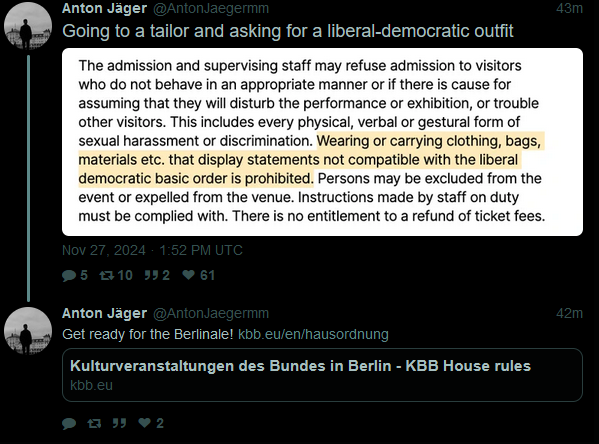At the beginning of this month, the German electricity supply reached its limits.
In the evening hours of November 6th, the price of electricity rose extremely quickly and extremely sharply — to more than 800 euros per megawatt hour. This made it around ten times more expensive than usual. There was a brief outcry, but it didn’t last long. Yet the whole situation was more than just a warning shot.
Phases in which wind and sun only produce a limited amount of electricity (a so-called Dunkelflaute, or dark doldrums) are normal. And they will always be noticeable, so we need to be prepared. To ensure stability — the stability of the system as a whole and the stability of prices in particular. After all, these high prices are an absolutely reliable indication of the state of supply security in Germany. They are the result of too little supply.
So let’s take a look at the figures from November 6th: Demand was around 66 GW. It was covered by domestic production (around 53 GW) and imports (around 13 GW). Almost the entire domestic supply was available (only around 4 GW was not available, which is not unusual). In terms of import capacity, only around 3 GW of interconnector capacity was unavailable (also not unusual).
In concrete terms, this means that the same situation would not have been manageable on another day with a higher peak load. For example, in January. The highest demand for electricity of the year was on January 15th, at more than 75 GW. Almost 10 GW more than on November 6th!
And in Germany, we have been acting (for years) as if the issue of adding secure capacity is something that can be postponed. Yet we can already clearly see today what happens when we switch off capacity and do not provide any backup for renewables.
No, we don’t have any more time, quite the opposite. Time is running out. The expansion is urgent.
